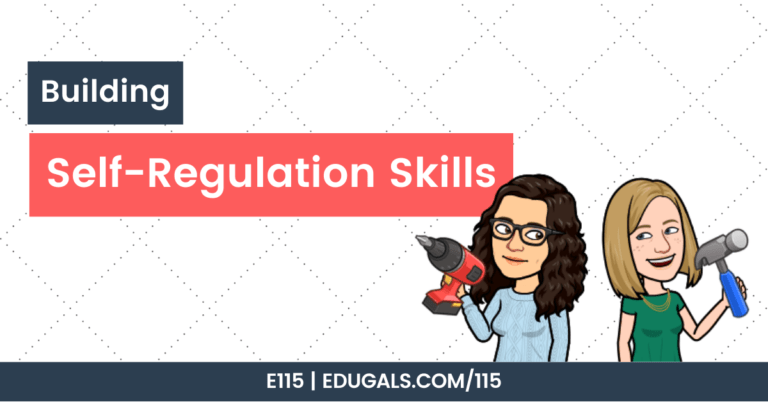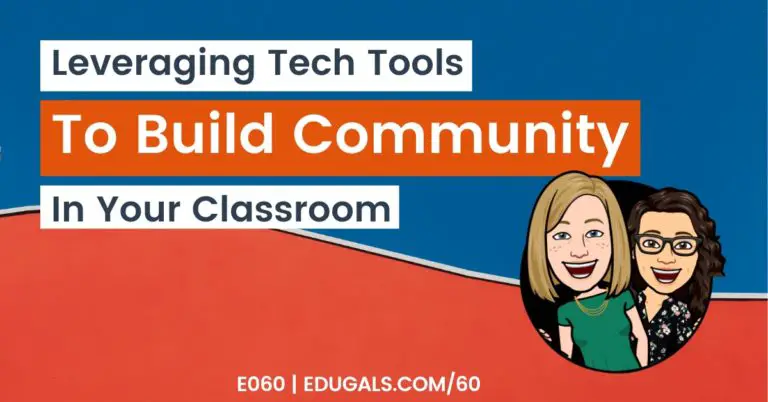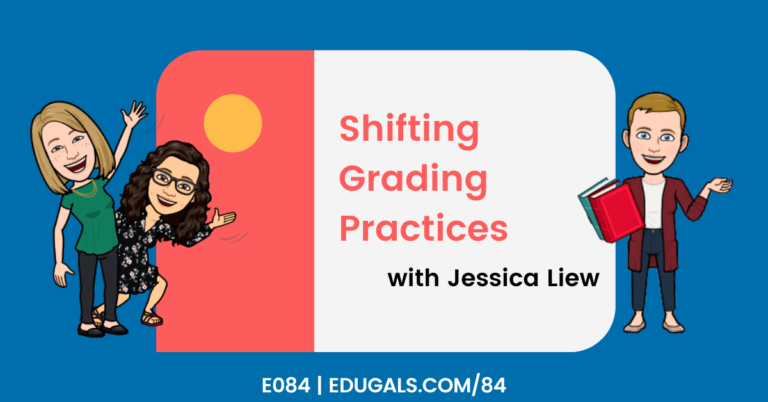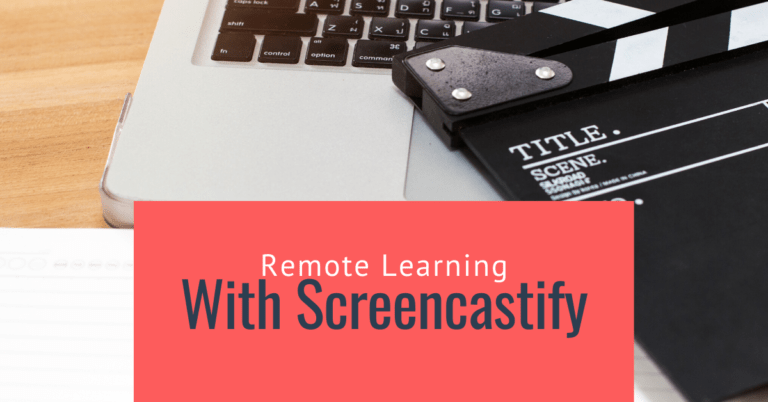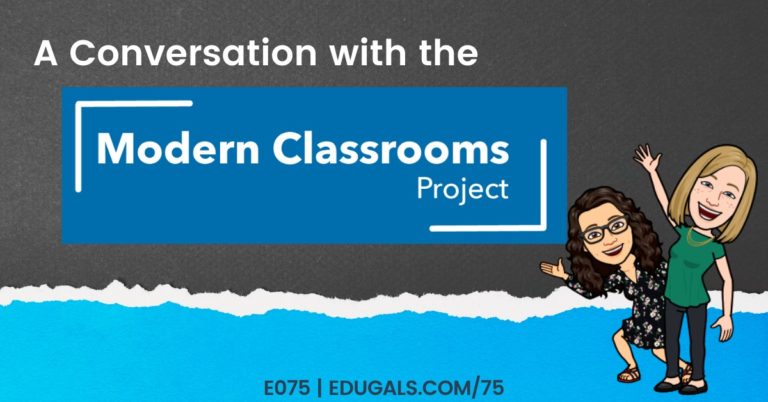[podcast_subscribe id=”7428″]
In this episode, we are talking all about our professional goals for the upcoming school year. We will share a little bit about what we are thinking in the classroom and in terms of assessment, as well as some of our personal goals for this year.
If you like what you hear, we would love it if you could share this episode with a colleague or friend. And make sure you subscribe so that you don’t miss out on any new content! And consider supporting the show by buying us a coffee or two!
We would love to hear from you – leave a comment on our website OR check out our FLIP!
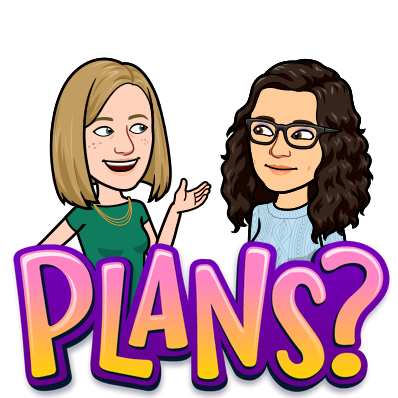
Show Notes
This week, we are back, and we are really excited to talk about our professional goals for the upcoming school year.
As a bit of a disclaimer, we aren’t yet back in school or thinking mode, so this episode is a bit of a grounding task that will help us to get our minds back into school thinking and looking forward.
At the time of recording, it is the beginning of August, and we don’t start until the beginning of September, so we aren’t on our normal routine, and are still on summer holiday. August typically is when our brains start back up, and we are thinking about what we want to do for the upcoming school year.
With that in mind, we are going to share some of the goals that are on our minds for this year, and things we want to continue.
Mastery-based learning
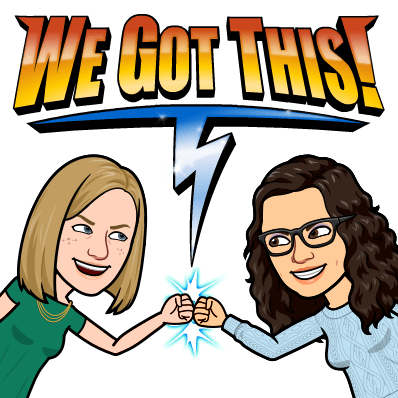
In terms of classroom structure, mastery-based learning was a journey that we began last year in our classrooms.
Rachel has been implementing this style of classroom in her science and chemistry classes, and plans to continue while making some improvements or changes to allow for more whole class activities to balance out the independent/self-paced structures with whole group opportunities.
Rachel also had the opportunity to attend and present at the chem-ed conference this summer. It really helped her to get her wheels turning and really think about moving things forward in her teaching practice. The conference provided her with some really cool ideas, and seeing how she could integrate these within a mastery classroom.
Katie is also looking to continue a master approach in her mixed ESL levels classroom. One thing she noticed from last year is that there wasn’t enough conferencing to help keep the high achievers less stressed about the shift away from grades and towards feedback. With that in mind, she wants to ensure she incorporates weekly feedback so that she can ensure her students know where they are at, and so that they are less worried about the number grade at those key times of midterm and 15th week, when students are worrying about the number grade.
Increased conferencing will also ensure students are aware of their STEP levels and the skills that they need to continue to develop.
This can be accomplished through checklists, where each name is listed on a roster with check-in dates and updated STEP levels (as needed), as well as key areas to focus on. This will help ensure that the teacher gets to all of the students, and will hopefully help keep these part of the regular routine.
Rachel will be teaching the Grade 12 IB chemistry students this year, which is amazing because she taught them all in Grade 11 chem. They all know the way that she teaches and the focus on mastery of skills, etc. The reality with Grade 12 IB is that the grade becomes a huge focus for them, so it’s going to be a different balance than the previous year. That being said, she wants to still approach in differently, while also being sensitive to this pressure that the students are facing.
It will also provide Rachel with an opportunity to collect some data on how mastery-based learning has impacted a cohort of IB students. While each cohort is made up of different individuals, it will still allow her to see how well they have fared overall, and she has data from years past to help her see the bigger picture.
New challenges
Rachel is excited to be starting a new role in Special Education this coming year. Each semester, she has one section that has her working with students with IEPs (Individual Education Plans), monitoring their plans, and helping to support them as needed in their courses. It will provide some great balance, and will help her to build different connections with students, which can be quite rewarding.
Last year, Katie and her colleagues worked with the students in ESL programming to create and print a book that shared their experiences migrating and/or settling in Canada. It was an amazing project, and the final produce was beautiful.
The challenge now, however, is to figure out what is next! They don’t want to do a book every year, as that will grow old or tired pretty quickly. Katie and her incredible team have been chatting and trying to nail down a plan or product, but will need time to meet and chat further. The goal is to find a way to elevate ELL’s voices, and give the world a chance to see and hear who they are, where they are from, and to learn about their journey so far and how we can support them.
One idea is to have the students plan and create some sort of video that share who they are, their journey, and perhaps give them an opportunity to share it with other newcomer students and their families upon entering schools in the Board. It could be a partnership with the Board’s Welcome Centre, where students are accepted and assessed from around the world, as a way to say welcome and remind new families that they are not alone in their journey, and that the schools and students are excited to have them join their communities.
A lot of Katie’s goals are really about looking at ESL programming in her school, and how to further improve and build more opportunities for these students in her school community.
Leadership Goals
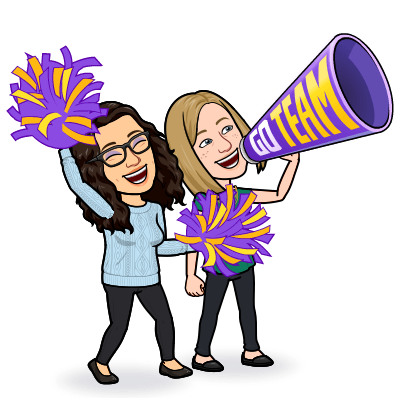
We are both in leadership roles, so it’s worth looking at some of our goals for this coming year based on these positions.
For Rachel, her role sis to continue to support and develop the destreamed program for grade 9 students. They made some great headway last year, so want to keep building on that. To do that, she’ll keep meeting with those teaching the course, and will support them as well as the teachers new to this grade 9 course.
In Katie’s program area, they are just introducing the Grade 9 destreamed curriculum this fall. Her goal is support them as best as possible, and to advocate for release time, more supports, professional development, resources, etc. as we dive right into the school year. Her department is also implementing a new Grade 11 English curriculum; they are introducing the First Nations, Metis and Inuit course for Grade 11 as the Grade 11 English required course.
Both of these changes require that Katie is familiar with the curriculum so that she can best support and advocate for those teaching the courses.
This year is going to be a super challenging year, so while it’s easy to say words like “support” and “advocate,” with the political situation as it is (ie teachers have not had a contract for over a year), it is not going to be as easy as we would like. There’s a good chance that there will be some sort of work-to-rule action, and with the shortage of supply teachers, it will be difficult.
However, with all of that going on, it’s still important that leaders in the building remind staff to slow down, and do what they can. Don’t take on too much – the first year of a new curriculum is not going to be perfect, nor should it. It’s a long game, where we should be working to make meaningful changes over the next 2-3 years to figure out what works, what doesn’t, and how we can best support our students with this new curriculum. It’s all about baby steps, and not putting an intense amount of pressure on each other to do it all, and to take on ungrading, mastery, etc. all at the same time.
Our roles as leaders will be to remind teachers that they can take a step back, rely on one another, and just focus on one foot in front of the other, or one day at a time.
Rachel is also hoping to run a book study of Grading for Equity and Street Data with her leadership team. It works well because we will be doing the Grading for Equity on our podcast (coming soon!), so she’ll have already done a deep dive to help her prepare for doing this with her leadership team.
Personal Goals
For Rachel, returning to the classroom this past year was quite the challenge, and led to some burnout. She went overboard, as she tends to do, with mastery-based learning/teaching and ungrading. With that in mind, her goal is to leave the school at a reasonable time everyday, unless she has meetings or other things that require her to be there. This should help with her overall mental health and wellbeing.
Katie is looking to continue with her routine of no email at night. It made a huge different on her stress and anxiety levels, so she feels that it’s important to continue, even if it’s difficult, and to honour her time in the evening for her and her family.
Rachel wants to try to start that this year. She tried a bit of it, but found it too hard to disconnect from work. She may need to turn off notifications, etc. for the evening to help make it possible. When Katie first started, she had to have some sort of physical object that she would put down upon entering her house. This object (her work keys), symbolized all things work – once she was in the door and her keys were on her counter, she was logged out of email for the rest of the night. Once she established a routine, the physical object wasn’t necessary, but it helped to build in that routine and separation.
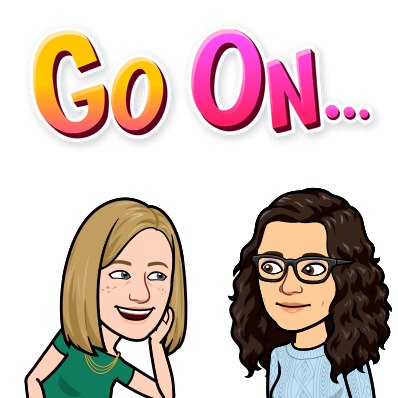
Another personal, or academic, goal for Katie is to explore some opportunities to continue to improve and perhaps present and share some of her ideas and learning that she has been doing in her masters program. She has had some great feedback, and made some positive connections that have encouraged her to perhaps look at some conference submissions or submitting papers. It’s scary, as she isn’t used to academic writing, etc. and it’s all so new to her, but she’s excited about what she has been learning.
She isn’t sure about travelling for conferences – there’s still some imposter syndrome that creeps in and makes her question what she could possibly have to add, so she’s working through that, and looking to connect with more people in her area of interest to continue learning and building connections.
When Rachel was working on her own grad school, some of her fondest memories were from travelling to various conferences and presenting her work. It’s a great way to connect with others in the field, which is such an important part of grad school.
As a part time student and full time teacher, Katie has struggled to build those connections with other students. It would be incredible for her to be able to meet more people that have similar interests.
Rachel would also like to get a bit more into academics. She comes from a research background, so has felt like it has been missing in her career. She would even love to find someone to work with that wants to do research with someone in the classroom – to form a partnership. She doesn’t know how to go about this, or where to start, but this is a goal she’d like to pursue this coming year.
Katie also plans to continue violin lessons! She is enjoying it so far. Her daughter takes piano lessons, and is actually going to accompany her for one of her recitals in the fall.
Rachel plans to continue her strength training. She has hit a bit of a snag, but she’s sorting in all out and working through it since she really enjoys it.
Balance
Overall, both of us have the goal of maintaining some sort of life/work balance this year. It may mean that they take a step back at times, but they need to take care of themselves and their families, so it’s important to recognize when you are reaching your max.
If we want to be better for our students, balance is key!
